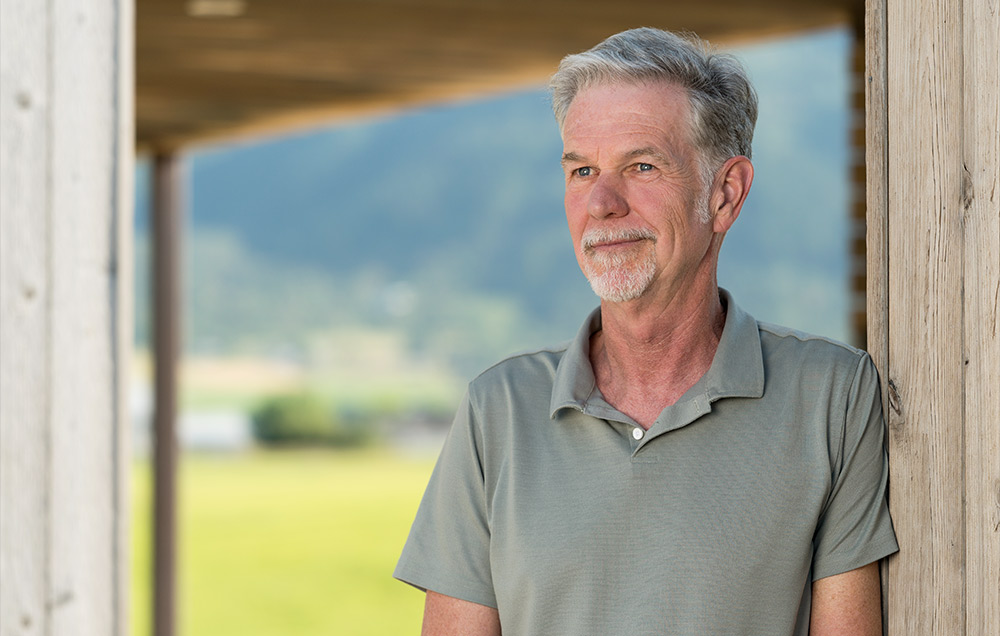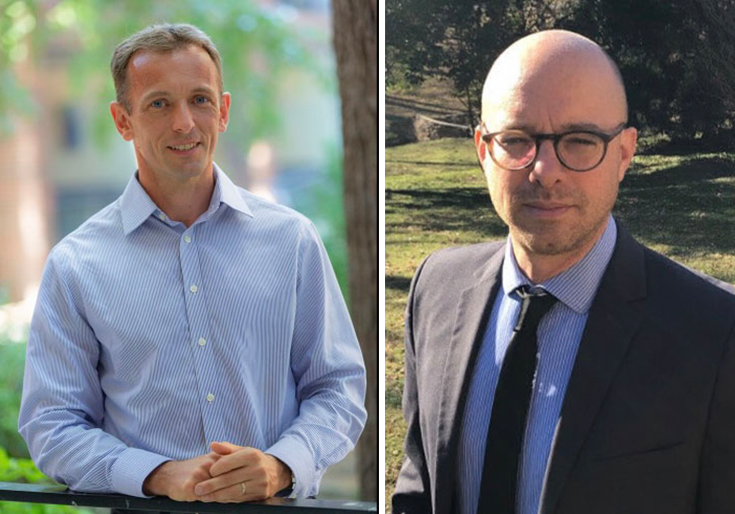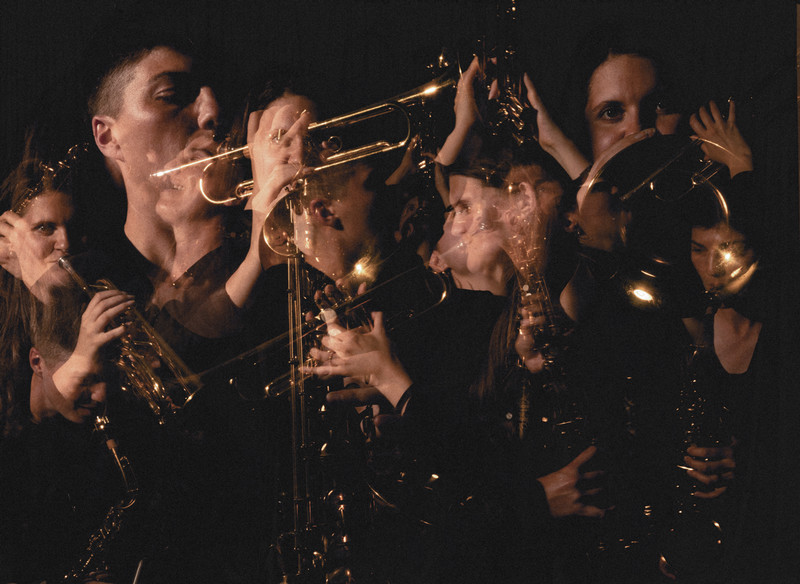Vineet Shende’s New Choral Work Offers a Fresh Take on Being American
By Tom Porter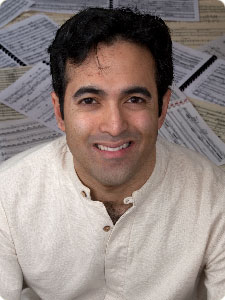
“E Pluribus Unum,
First, I have long puzzled over why the music to our country’s national anthem was taken from To Anacreon in Heaven, the official song of a men’s social club in
Second, I have become deeply troubled by the rising level of xenophobia and anti-immigrant rhetoric in our recent political discourse. Such rhetoric strikes me as being deeply un-American—with the exception of our Native American brethren, we are all either immigrants or descendant of immigrants to this country. These thoughts have inspired me to wend the melody and text of The Star-Spangled Banner with counterpoint, harmonies, and textures that allude to the music of people who actually want to be here, and music that celebrates freedom, liberty, and the strength in diversity embodied in our national motto “E Pluribus Unum.”
The first verse combines the melody of The Star-Spangled Banner with various Mexican songs. The folksong De Colores, which celebrates the beauty and diversity of the colors of the world, is featured prominently. Other songs used include Juventino Rosas’s Sobre la Olas waltz, and Chucho Monge’s pastoral México Lindo y Querido.
The text of the second verse juxtaposes a haughty foe and a fitful breeze (symbolizing freedom) that strengthens as it comes in contact with our flag. Acute ears will notice another country’s national anthem (set in a
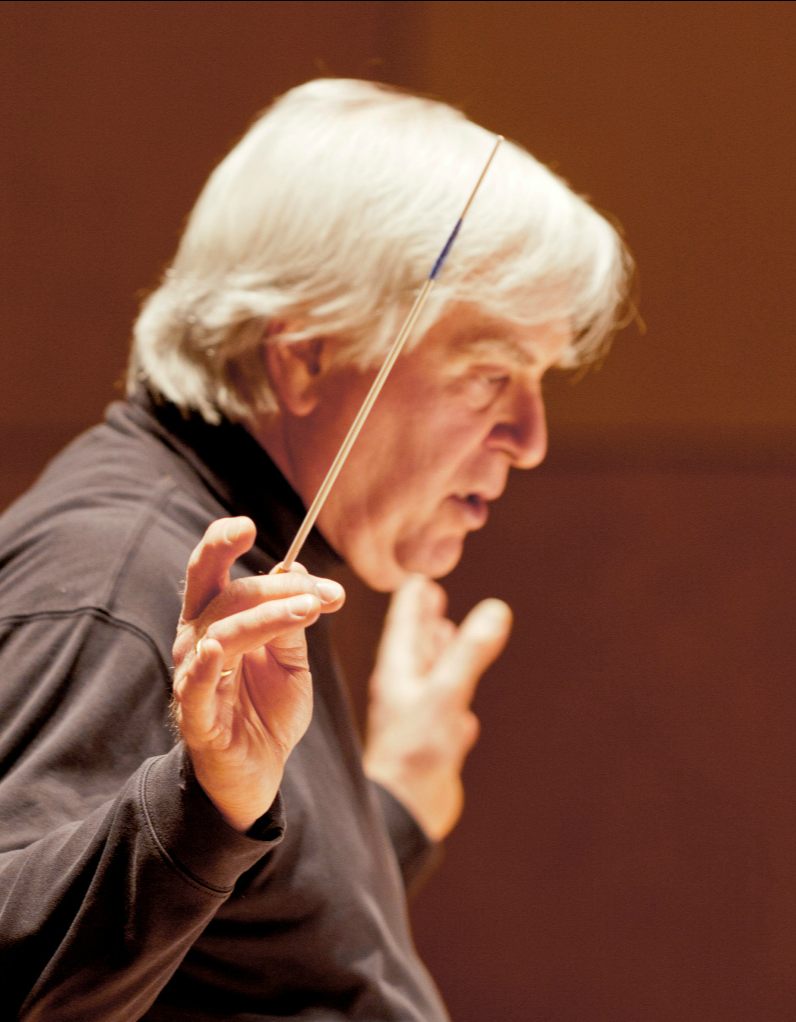
Slaveowner Francis Scott Key’s original third verse dealt with his rage over slaves who escaped from their masters during the confusion of war. Though this verse was regularly sung during the first third of our country’s existence, it is rarely acknowledged today. Racism is
For the last verse, I have used Oliver Wendell Holmes Sr.’s Civil War era verse for The Star-Spangled Banner. This text argues that the promise of America will remain viable only as long as we are committed to freeing and uniting with the oppressed. In this last section, I incorporate James and John Johnson’s inspirational hymn Lift Every Voice and Sing, a song often referred to as the “Black American National Anthem.”
Finally, I am extremely grateful to Anthony Antolini, the Bowdoin Chorus, and the Mozart Mentors Orchestra for all of the work done on making the performance of this piece a reality. The final edits were completed just a week ago, and it is not an easy piece. The commitment and dedication they have all shown (particularly Tony)
